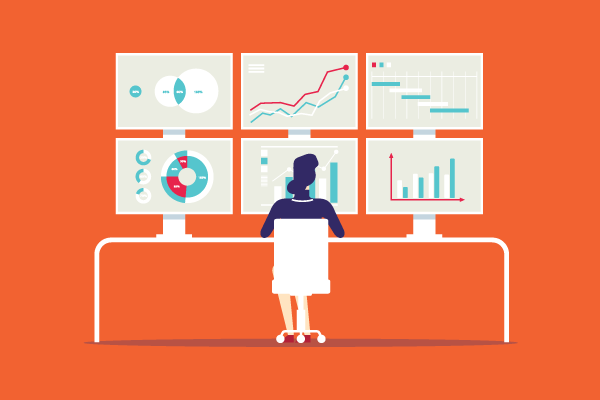Much More Online

Maintaining Data Quality When You Can’t See Participants
With online experiments, researchers must accept a much higher degree of uncertainty about who their participants are and the conditions under which the experiment is being conducted. (Observer, March 2019)
A collection of articles about how web-based technology is revolutionizing the way psychological scientists collect and analyze data. (Observer, March 2015)
What Makes a Samaritan Good? Depends on the Beneficiary
New research from Psychological Science suggests that helping a total stranger is generally viewed as more moral and trustworthy than helping a family member. But this is only true if the helper did not have to choose between those options. (News Releases, February 2020)
The Verdict Is In: Courtrooms Seldom Overrule Bad Science
The varying quality of scientific testimony can make it difficult for judges and juries to distinguish between solid research and so-called junk science. Insights from a new study published in Psychological Science in the Public Interest. (News Releases, February 2020)
Psychology researchers explore a panoply of science that could help people adopt newer, healthier, or safer behaviors. (Research Topic)
Universal Design for Inclusive Science
A blind researcher highlights resources intended to enhance the accessibility of nondisability-related research for disabled participants. (Observer, October 2019)





APS regularly opens certain online articles for discussion on our website. Effective February 2021, you must be a logged-in APS member to post comments. By posting a comment, you agree to our Community Guidelines and the display of your profile information, including your name and affiliation. Any opinions, findings, conclusions, or recommendations present in article comments are those of the writers and do not necessarily reflect the views of APS or the article’s author. For more information, please see our Community Guidelines.
Please login with your APS account to comment.